Frank Golatowski
A long-lasting happiness
Beyond his activities as a senior research associate and lecturer at the University of Rostock, Dr. Frank Golatowski is among ITEA’s most longstanding Community members: over the last two decades, four of his nine projects (SIRENA, LOMS, OPTIMUM, I²PANEMA) received ITEA Awards for their exceptional results. “ITEA has developed enormously. Over the years, a large, dynamically expanding Community has grown up.”
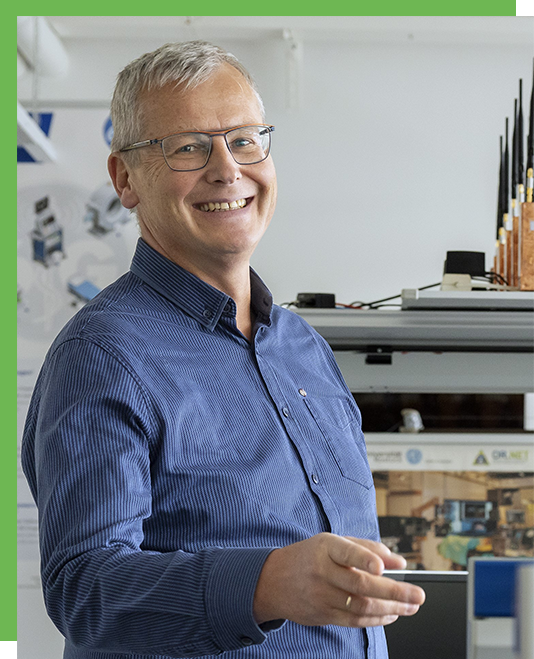
Laying the foundations
Having completed his studies in Rostock shortly before the fall of the Berlin Wall, Frank's work now takes place at the university's Institute for Applied Microelectronics and Computer Engineering - an electrical engineering institute doing basic and applied research and development in the field of technical computer science. His focus lies on interoperability, communication and dependability in distributed embedded systems, looking to overcome resource limitations while maintaining real-time performance in areas like industrial automation, railways and medical technology. In 2002, this expertise led him to ITEA
“I was made aware of the PO Days through the internet,” Frank begins. “I registered and, in my naivety, presented three project ideas. When ITEA Programme coordinator Erik Rodenbach referred to my timeslot after five minutes, I was shocked! But I could partly bring in my ideas and was involved in two projects. That was exciting. SIRENA was my first collaborative project, with partners from Germany, France and Spain, and the results accompanied my scientific work for a long time. It was about serviceoriented embedded systems and we laid the foundations for the Internet of Things – it just wasn’t called that at the time.”
A fantastic climate
Following this success, Frank has been involved in ITEA projects roughly every two years, mostly with different partners and on various themes. LOMS (2005-2008), for instance, looked at local mobile services and used mobile robots to demonstrate new maintenance services for mobile workers, including AI capabilities. Frank holds a particular fondness for OPTIMUM (2017-2021), which aimed to improve capabilities in material handling and ultimately resulted in standardisation within VDMA.
“I realised that if you have strong leaders, if they have real interests in solutions, this has a lot of influence on the later results,” he says. “In OPTIMUM, we had very strong leadership by Demag. It was a fantastic climate in the groups; we met very often, including online. We had to consider corona during the runtime of the project, but ITEA mastered those difficult conditions brilliantly. I also learned a lot by getting involved in standardisation even though this is often seen as an industry task. At the standardisation bodies, domain experts meet with specialists from IT and the embedded world. As universities, we can make an important contribution here and new research questions can arise.”
Positive connections
The Community has benefited enormously from a lean, effective and valuable ITEA.
For Frank, this organisation of effective collaboration between academia and industry is a major benefit of the ITEA platform. “In all ITEA projects, I think our university has shown that we are competent and efficient. That we are able to put ourselves in the shoes of changing industry requirements and, at the same time, not neglect real application-oriented research, which is the basis for good dissertations and high-grade publications for us. This brings in student education by opening up interesting fields of application for research.” On top of this, he highlights opportunities to overcome national and cultural differences within Europe and beyond, including Türkiye, Canada and South Korea. “Most of the time, we are happy when we meet, be it at the ITEA PO Days, in organisational meetings for new projects or at the project meetings.”
Always evolving
As such an established collaborator, Frank has also been able to watch these elements evolve within ITEA, including the development of the website for use in all phases of a project. “The Community has benefited enormously from a lean, effective and valuable ITEA,” he explains. “With the current PO Days in particular, you can see that the experiences over this time period have been used to improve the process even more. I really like the online presentations of the project ideas and the funders as this gives us more time to prepare new project ideas. When you go to the PO Days, you have more time to talk to potential partners at the posters.”
And although he concedes that the process is not always easy – the PO and FPP phases are time-consuming and countries sometimes drop out of projects due to lack of funding – Frank sees positives within this. “The projects need time, especially when new consortia have formed, and I think that flexibility is also good so that a project can still come about if a topic is not a priority in a partner country.”
Reasons to be cheerful
Reflecting on his 20 years in the ITEA Community, Frank has a lot to be grateful for. “Don’t forget the various social events and sitting together with a cold beer. We have organised such events ourselves, often on ships, which is obvious when you live on the coast. At the first social event I organised on the Santa Anna Barbara as part of the SIRENA project, project leader Francois Jammes said: “Frank, I don’t know how this can be topped.“ I would say they found a great alternative: a meeting in the French Alps close to Grenoble, where we climbed a hill. That’s similar to what we did in the project, getting brilliant results and later an ITEA Award.”
“This year, the I²PANEMA project also received the ITEA Award of Exceptional Excellence, so it’s understandable that I’m happy! Speaking of happiness, I’m happy when reports are written, when the button to submit a proposal has been pressed, when powerful, innovative partners are convinced to join a consortium and when review meetings are successfully completed. I like the short, crisp ITEA evaluations and when the Steering Committee gives a positive assessment – in the best case, when the traffic light is green. So, do I have any advice or feedback for ITEA? Keep up the good work!”
Other chapters
Use the arrows to view more chapters
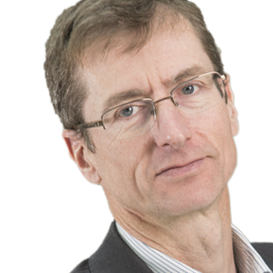
Editorial
By Jean-François Lavignon
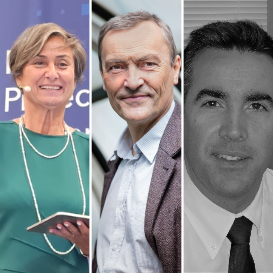
25 years of ITEA
The ITEA journey
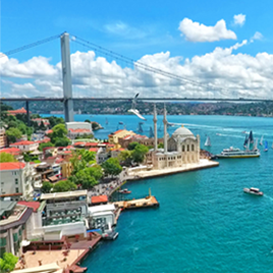
Country Focus: Türkiye
Investing in ICT to enhance competitiveness and international profile
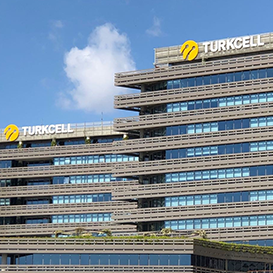
Turkcell
Becoming a deeper part of the ecosystem
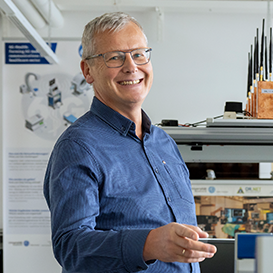
Community Talk with Frank Golatowski
A long-lasting happiness

ITEA Success story: TESTOMAT Project
Customised test automation, saving time and improving quality
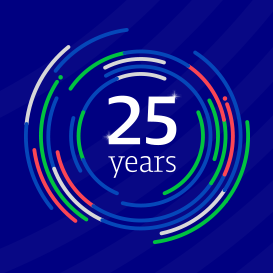
25 years of ITEA
Ground-breaking innovations we’re still grateful for today

SME in the Spotlight: Solana Networks
Looking to the horizon of network security

ITEA Success story: COMPACT
Faster, more efficient software through automation
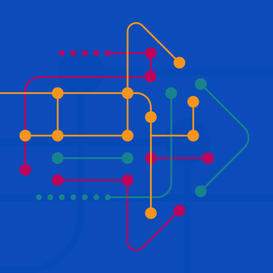
Navigating the future of ITEA
Current challenges and future directions
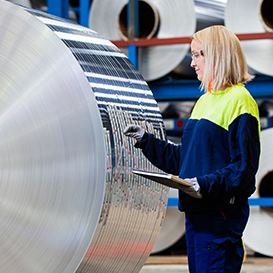
By and for end users
Gränges further digitalises aluminium engineering with the help of VMAP analytics
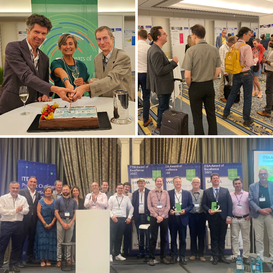
25 years of ITEA: PO Days through time
Celebrating 25 years of international collaboration

